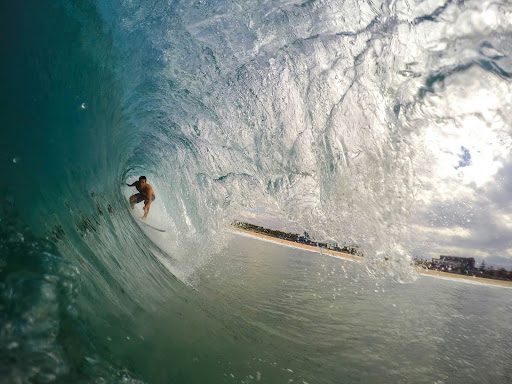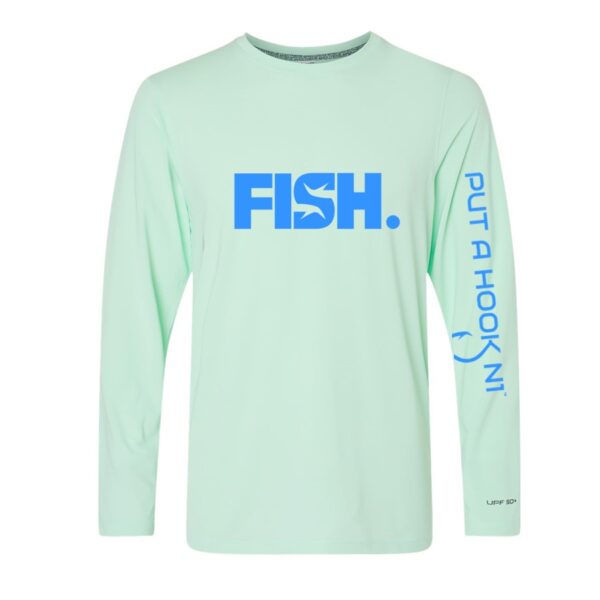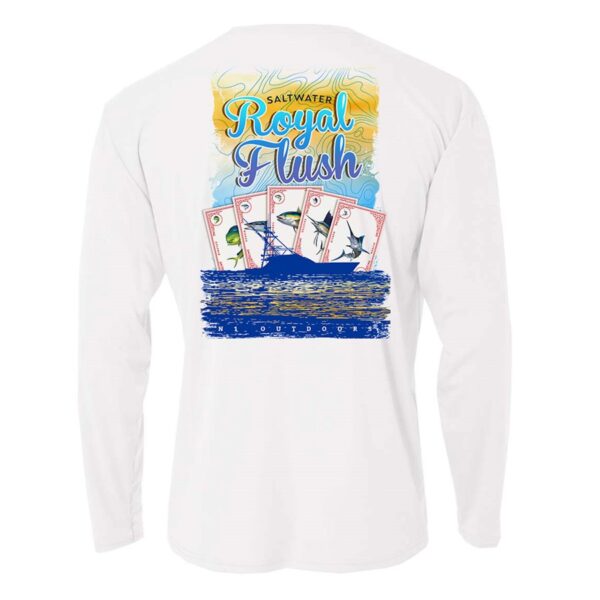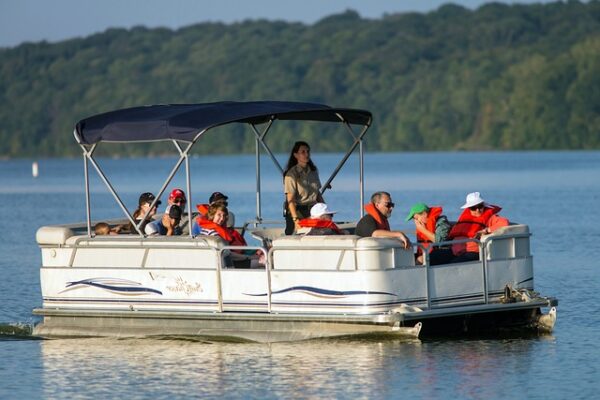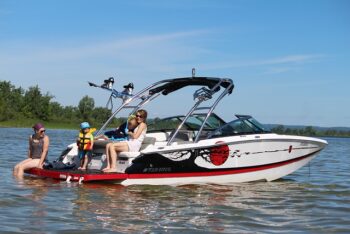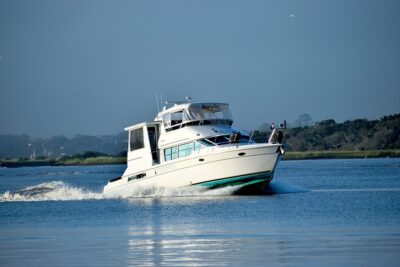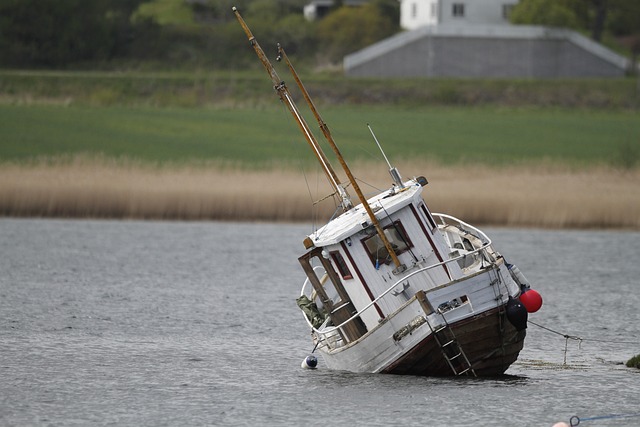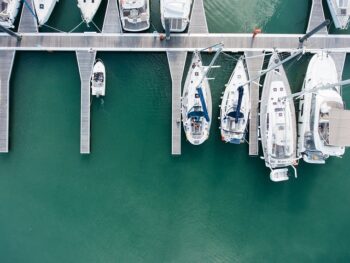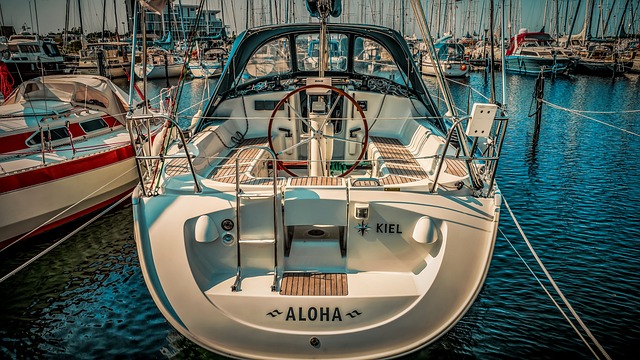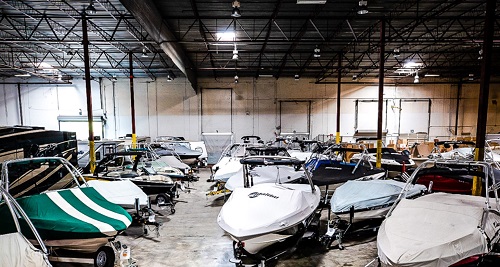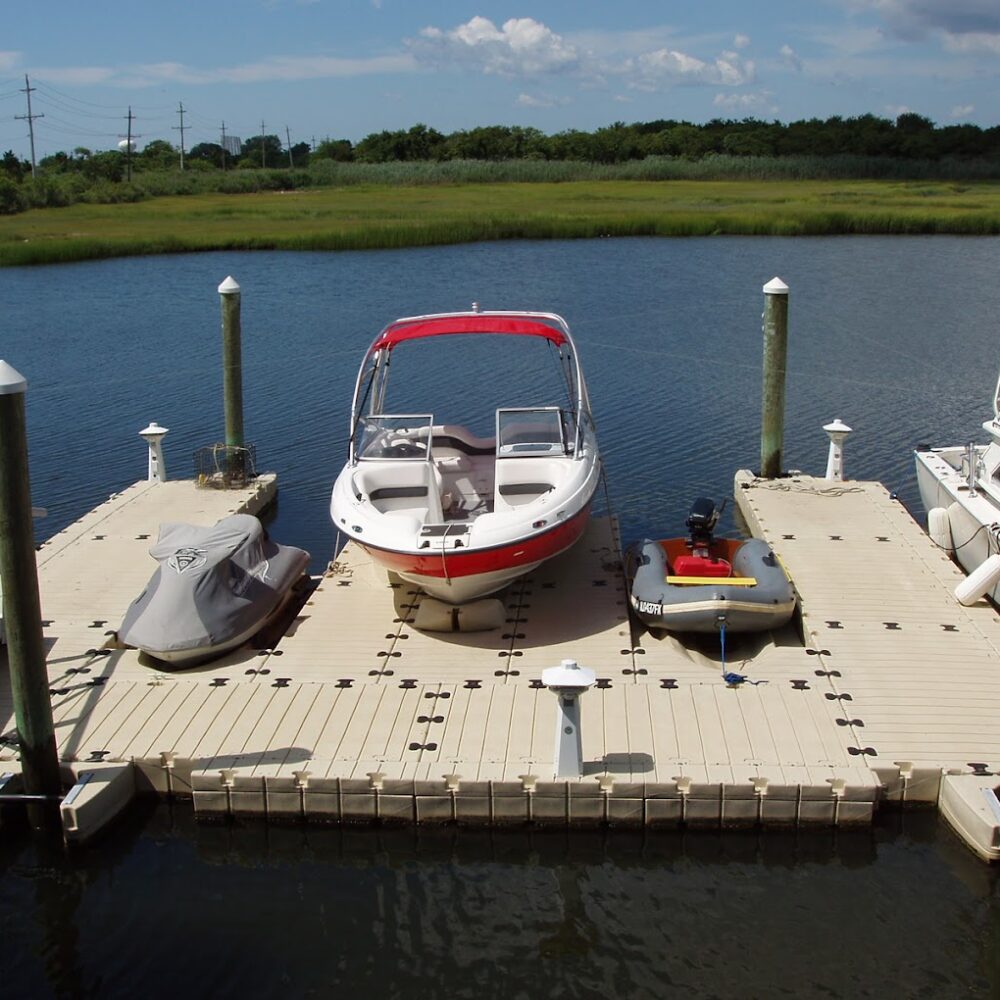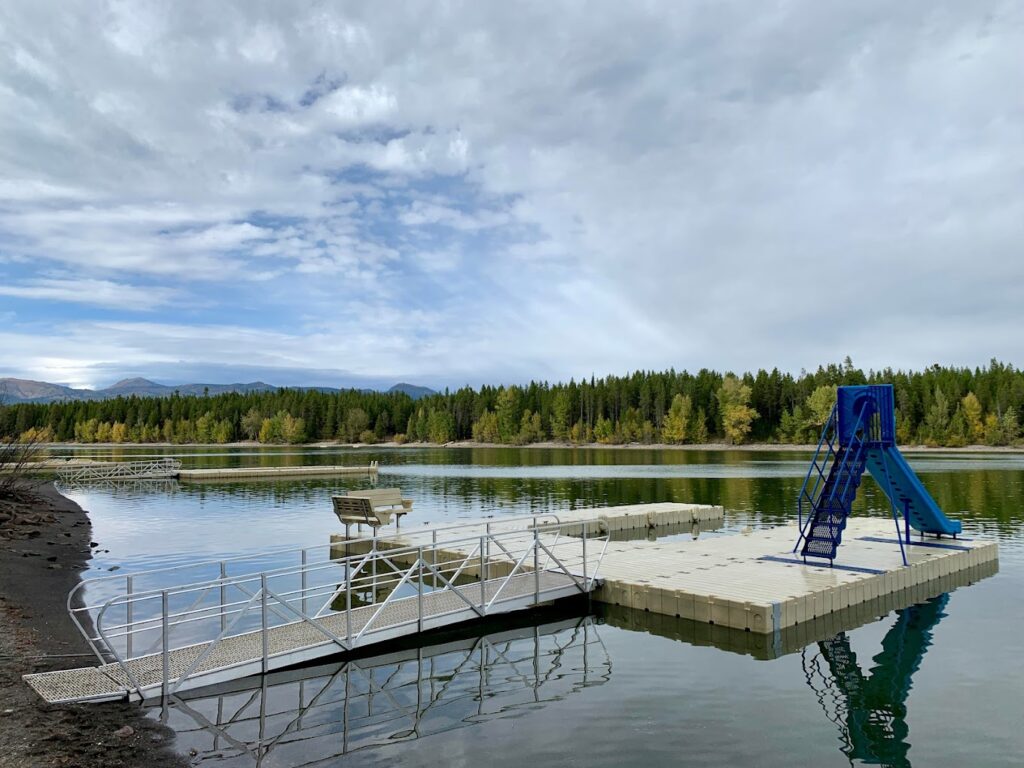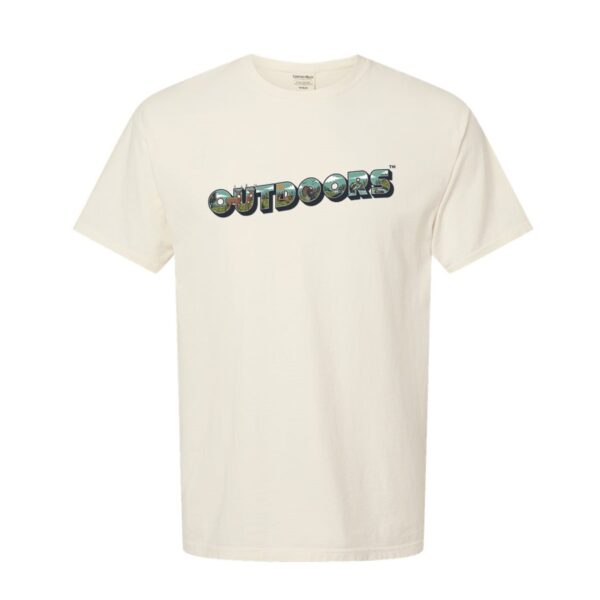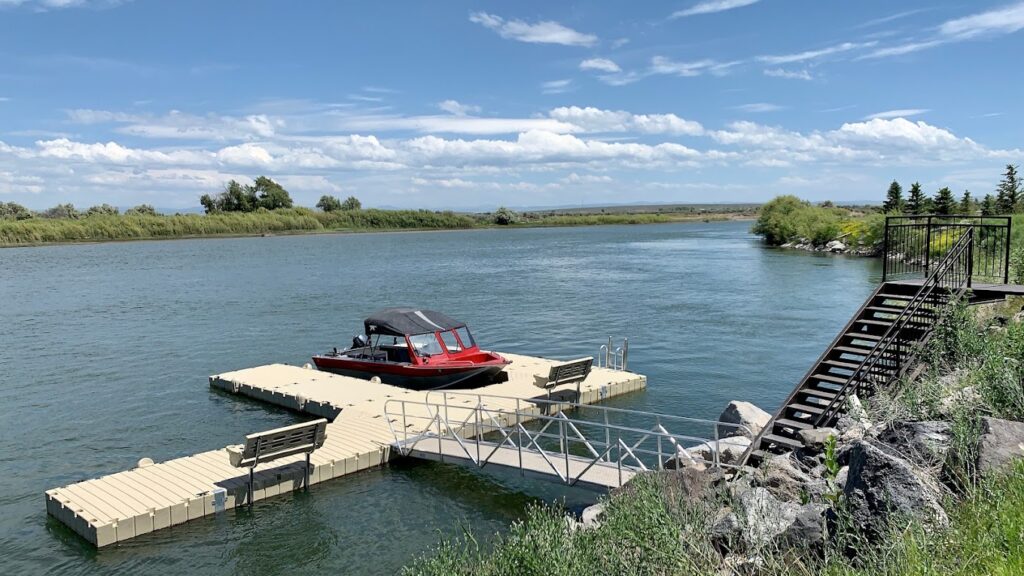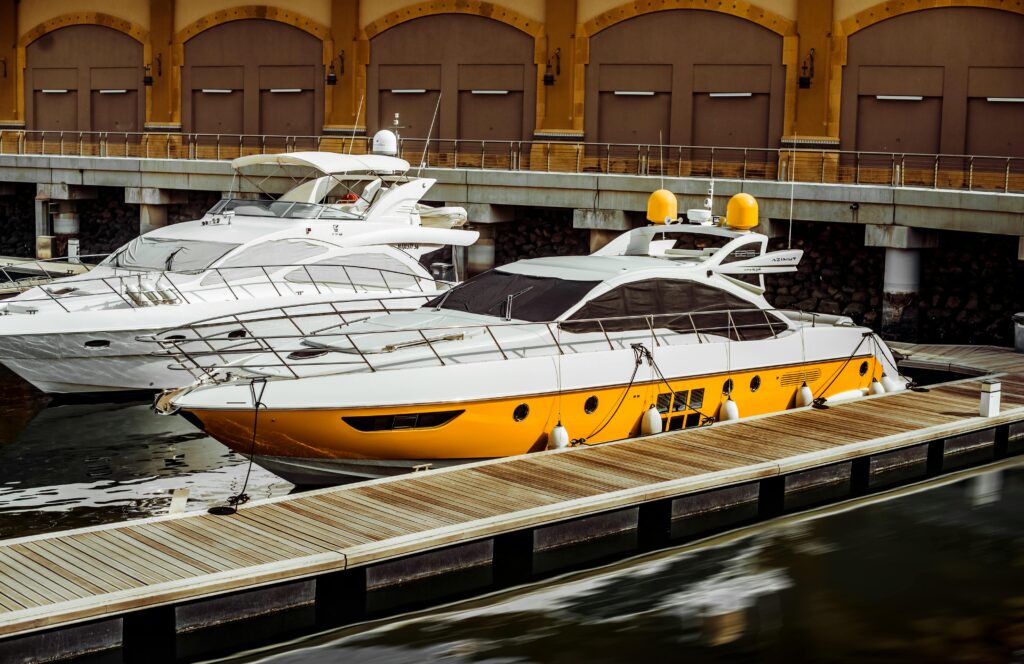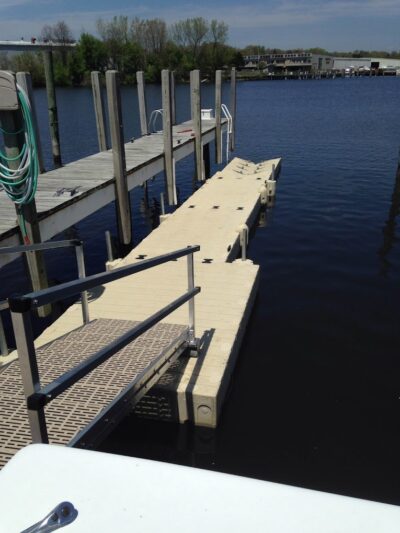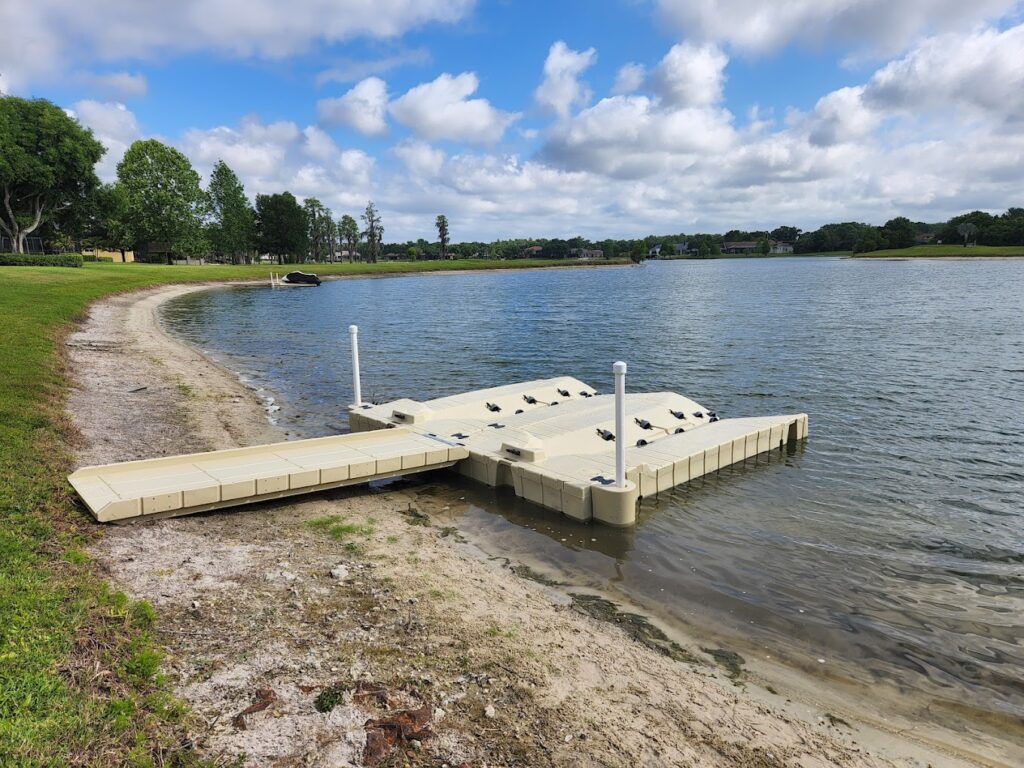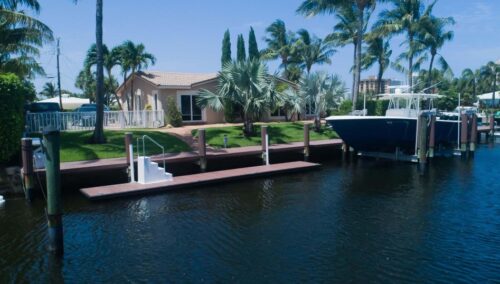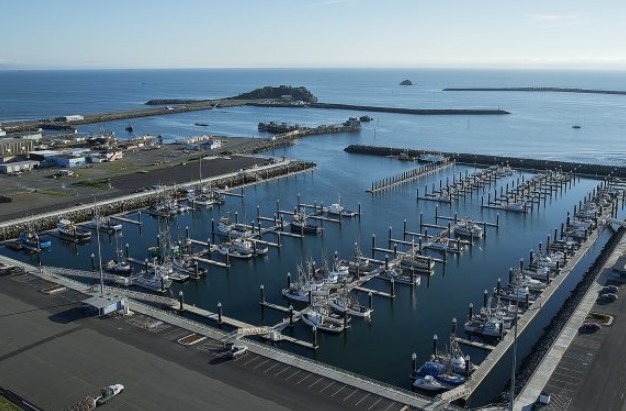Surfing is a global phenomenon and one of the most popular watersports. People, both young and old, are riding waves everywhere from Sydney to California. For many, it’s a weekend hobby, and for others, it’s an Olympic sport and a professional career. But, long before its current popularity, it was part of a rich and ancient culture.
So, let’s take a look at surfing’s roots, learn where it all began, and discover who may have been the first to ride a wave!
Surfing’s Origins in Polynesia

Surfing’s origin story starts in the middle of the Pacific some 1,000 years ago. In places like Hawaii, Samoa, and Tahiti, catching waves was less of a fun pastime and more of a sacred tradition.
Chiefs and warriors carved massive wooden boards from local species of trees, like koa, wili, and ulu. They’d often compete in front of entire villages in a show of skill, strength, and social status. There were strict customs; boards were crafted ceremoniously, and certain beaches were even reserved for royalty.
Fast forward to today, and you don’t need royal blood to get on a surfboard. However, you do need some guidance, whether it’s from a friend who already knows how to hang ten or from professionals, like at this surf school in San Diego.
Who Was the First Known Surfer?
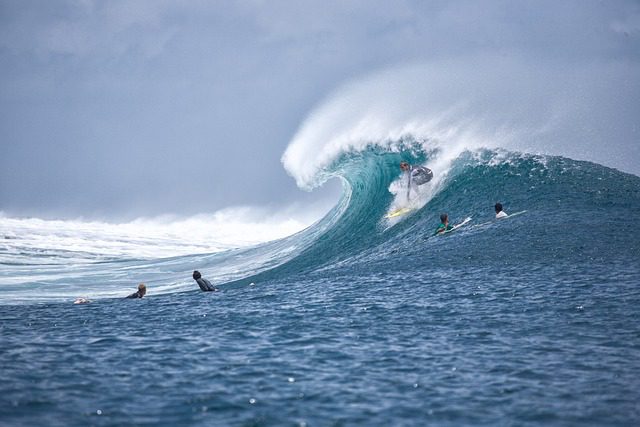
While no one really knows who rode the first wave, surfing has a history rooted in exploration.
Nobody really knows who first stood up on a wave; it was far too long ago to have any accurate records. However, some stories go back centuries. When Captain James Cook arrived in Hawaii in 1778, he and his crew were amazed at the sight of locals riding waves with such speed and control. One of Cook’s officers, Lt. James King, described surfers gliding “with astonishing velocity” on wooden planks. This is the first known written account of the sport we now call surfing.
How Surfing Spread to the Western World
As Westerners colonized Polynesia, traditional surfing was called frivolous, or even sinful, by missionaries. This led to a decline in the sport. By the early 1910s, it began making a comeback thanks to one man, Duke Kahanamoku. He was a Hawaiian swimmer and Olympic gold medalist, and is responsible for the global popularization of surfing. Celebrated as the father of modern surfing, he brought the sport to California and Australia. He gave public demonstrations, built boards, and inspired the first generation of surfers outside the Pacific islands.
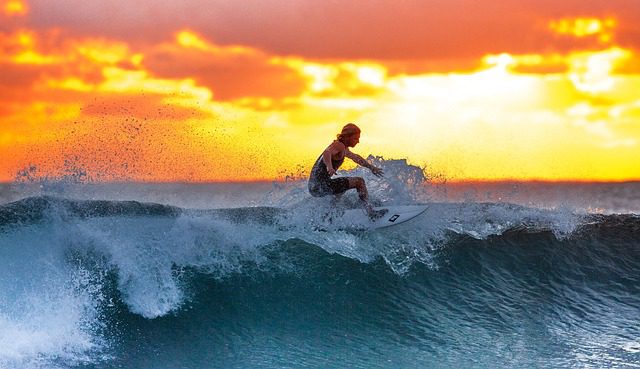
Surfing has come a long way since the early 1900’s, with surfing making its debut in the 2020 Tokyo Olympics.
However, he wasn’t the first person to surf in the US. Decades earlier, in 1885, three Hawaiian princes held the title as the first people to surf in the continental United States. David Kawānanakoa, Edward Keliʻiahonui, and Jonah Kūhiō Kalanianaʻole surfed the mouth of the San Lorenzo River in Santa Cruz on boards they crafted from local redwood.
Performance fishing shirts and tees from N1 Outdoors
-
Put a Hook N1™ UPF 50+ Redfish Performance Fishing Shirt
$22.00 -
N1 Outdoors® FISH. Performance UPF 50+ Shirt
Price range: $37.99 through $39.99 -
N1 Outdoors® Royal Flush™ UPF 45+ Performance Fishing Shirt
Price range: $39.99 through $44.99
Surfing Today
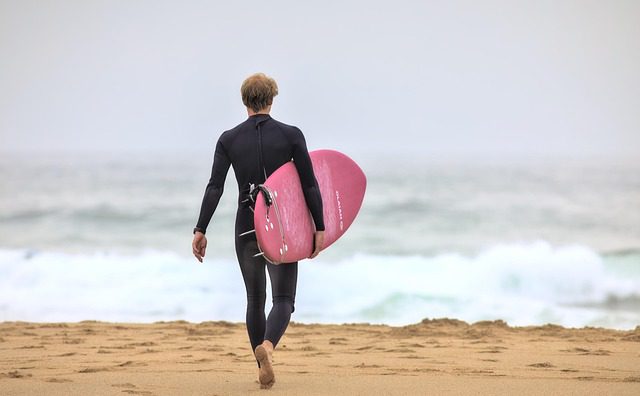
Surfing looks very different today than it did even 50 or 100 years ago. Boards are lighter and more hydrodynamic, wetsuits are thinner, warmer, and more movable.
From Bali to Brazil and Cape Town to Cornwall, millions of people paddle out each year. It’s even an Olympic sport, making its debut in the Tokyo Olympics in 2020, with plenty of other regional surfing competitions televised around the world.
Be A Part Of A Oceanic Tradition
Surfing was born from nature, tradition, and skill. So, the next time you paddle out, think about how you’re part of something much bigger than a sport. Riding waves is a significant historical practice that stretches back over 1,000 years and was even captured in ancient cave paintings.
Whether you’re right at home on the waves or just getting started, when you’re out on the water, now you can surf with a newfound respect for how it all began!

